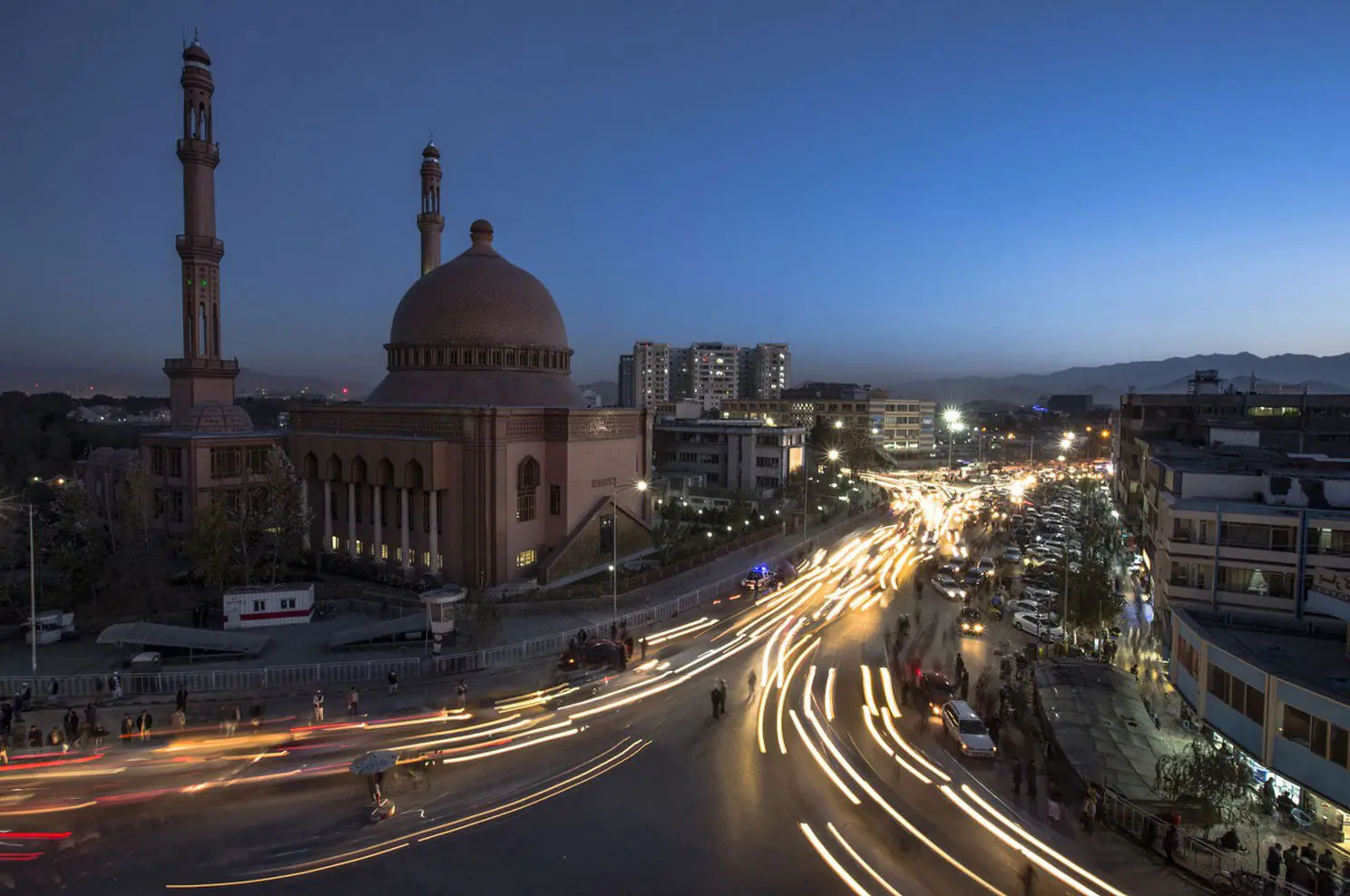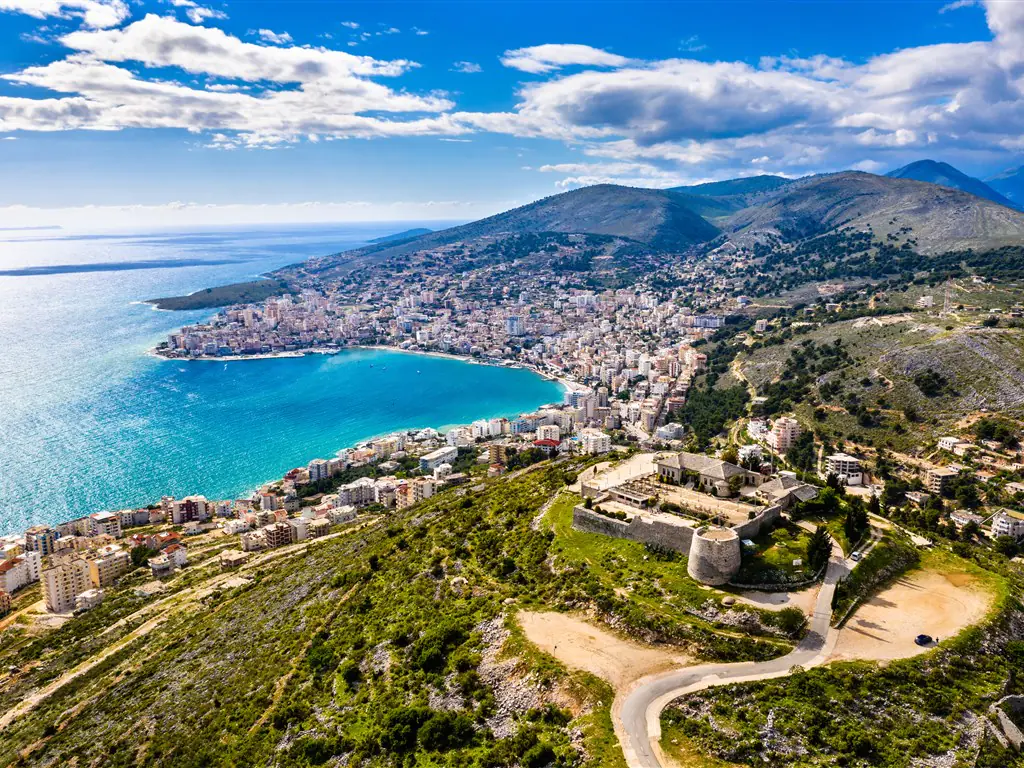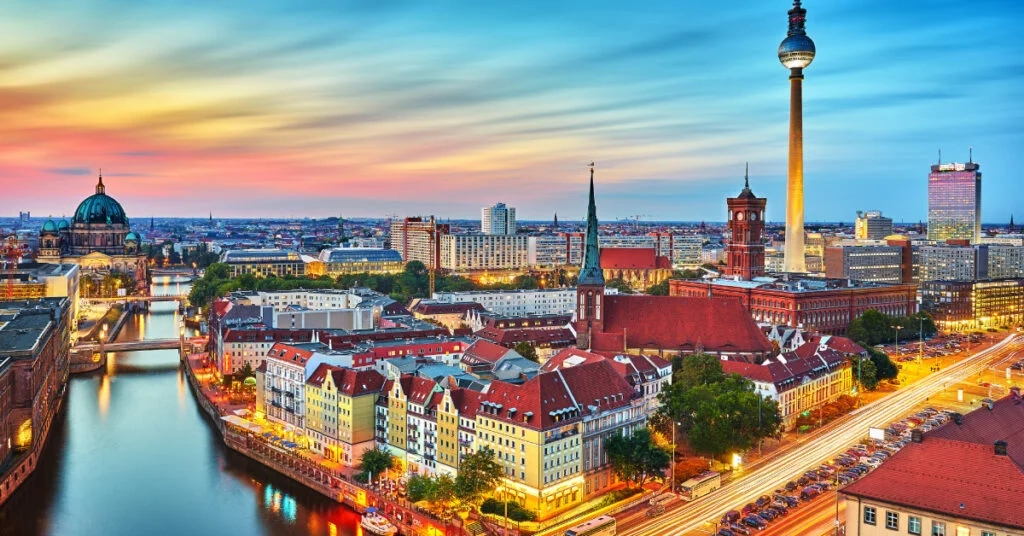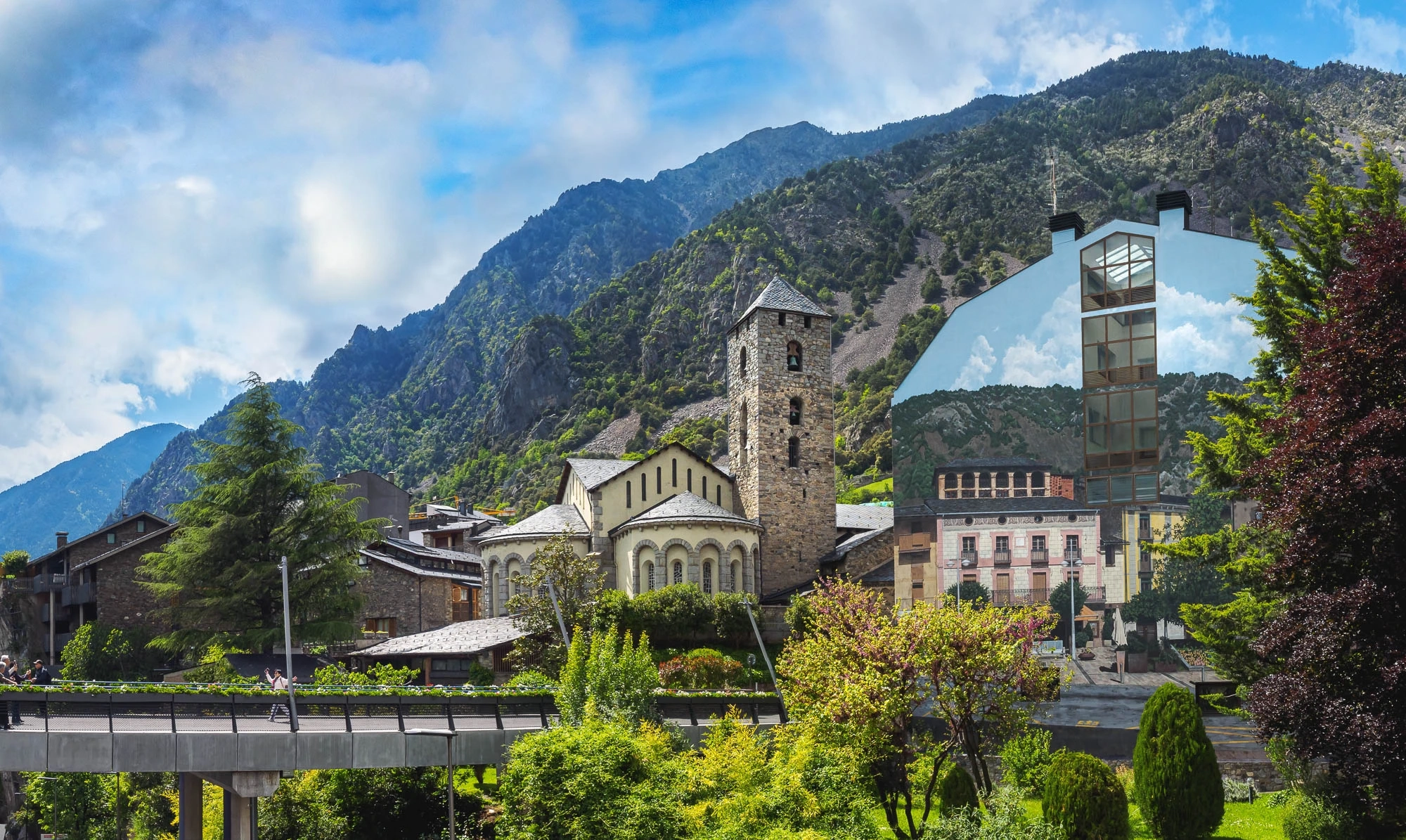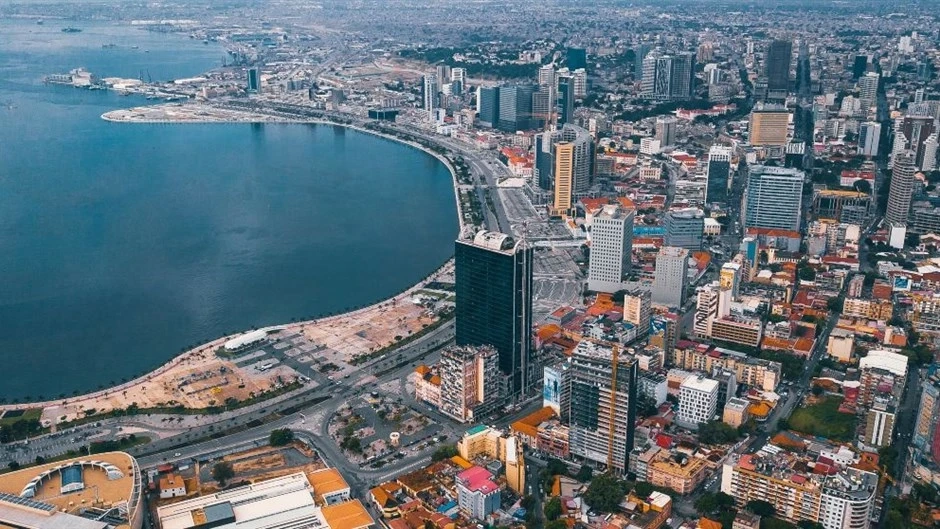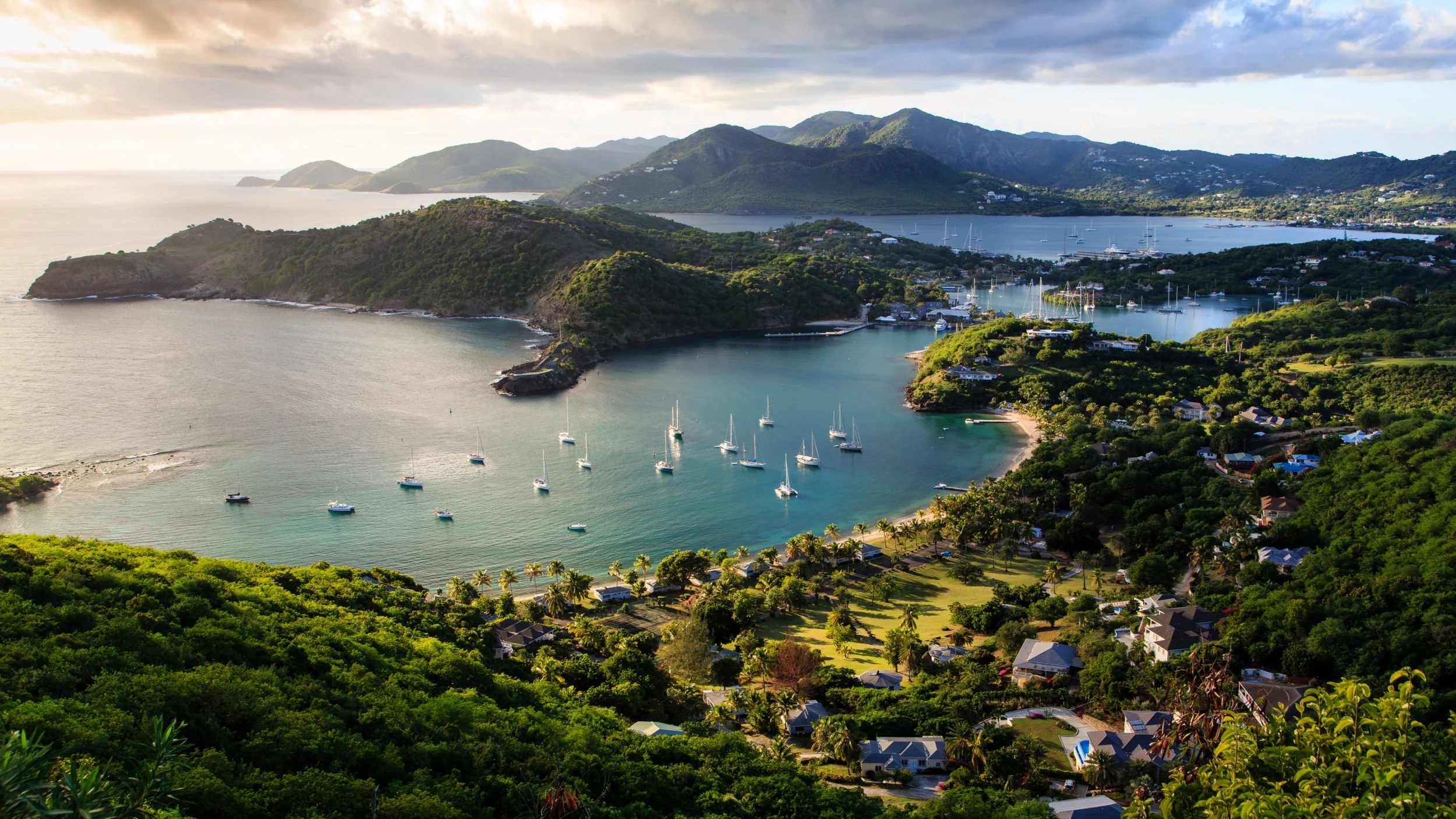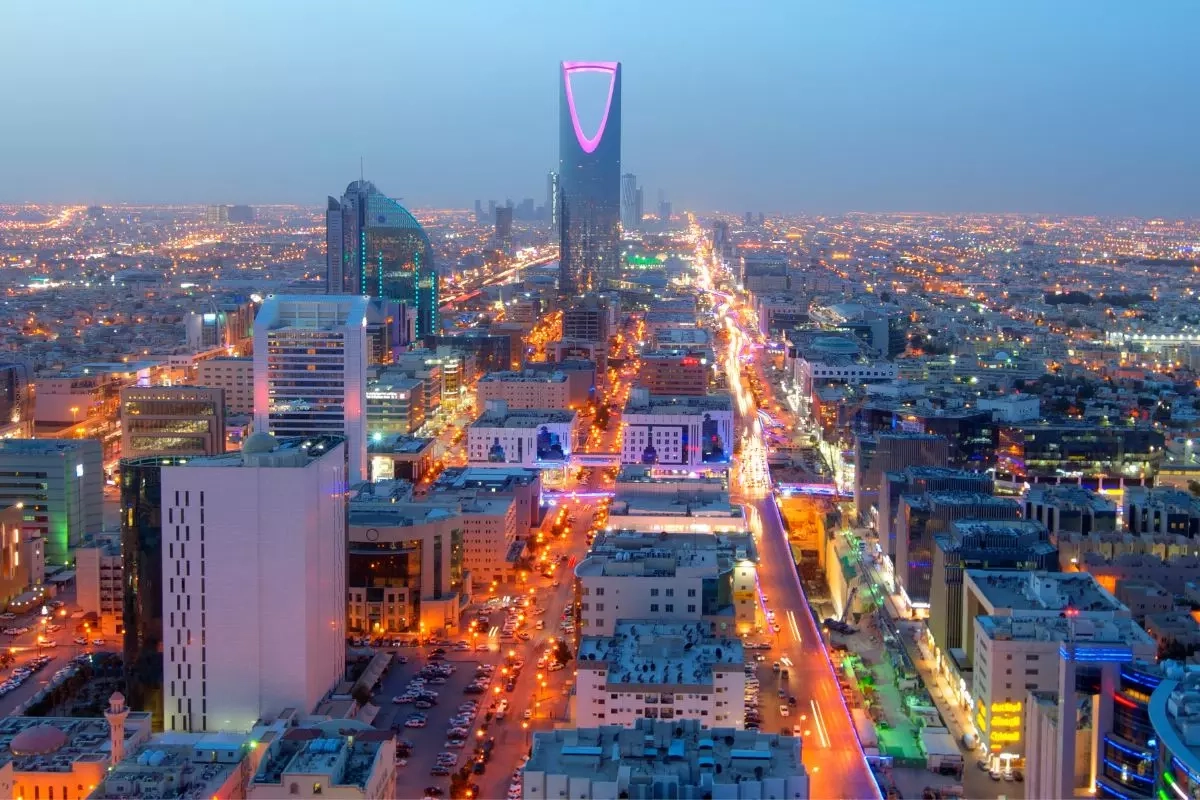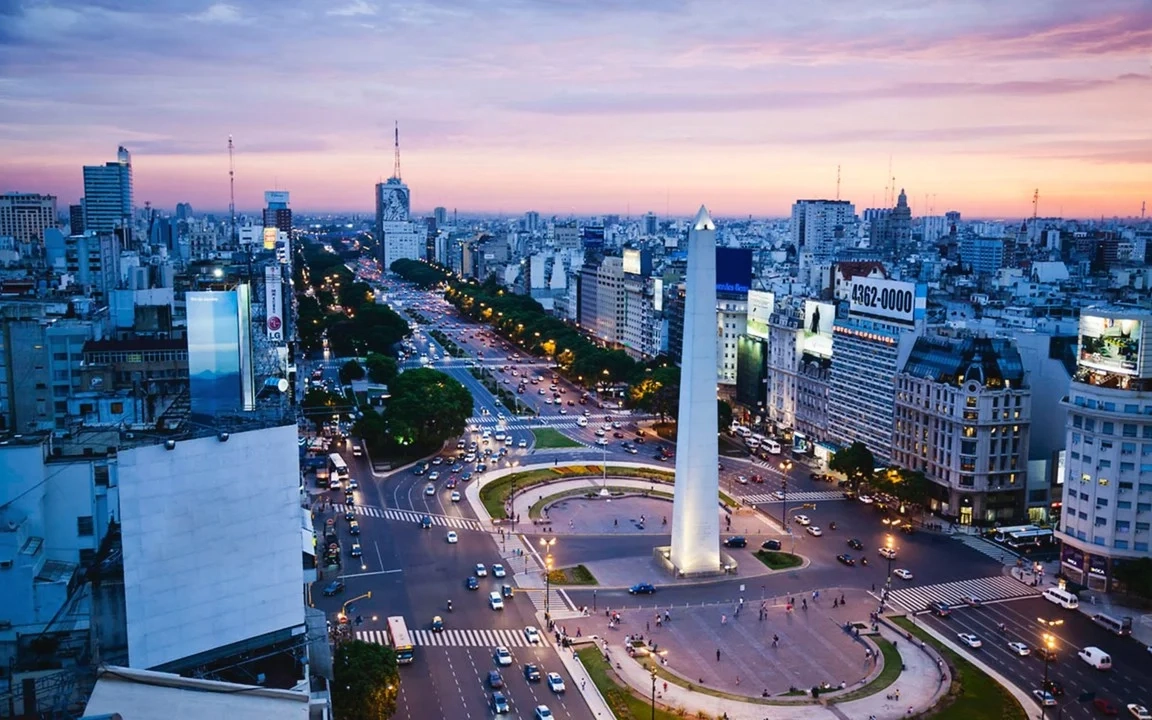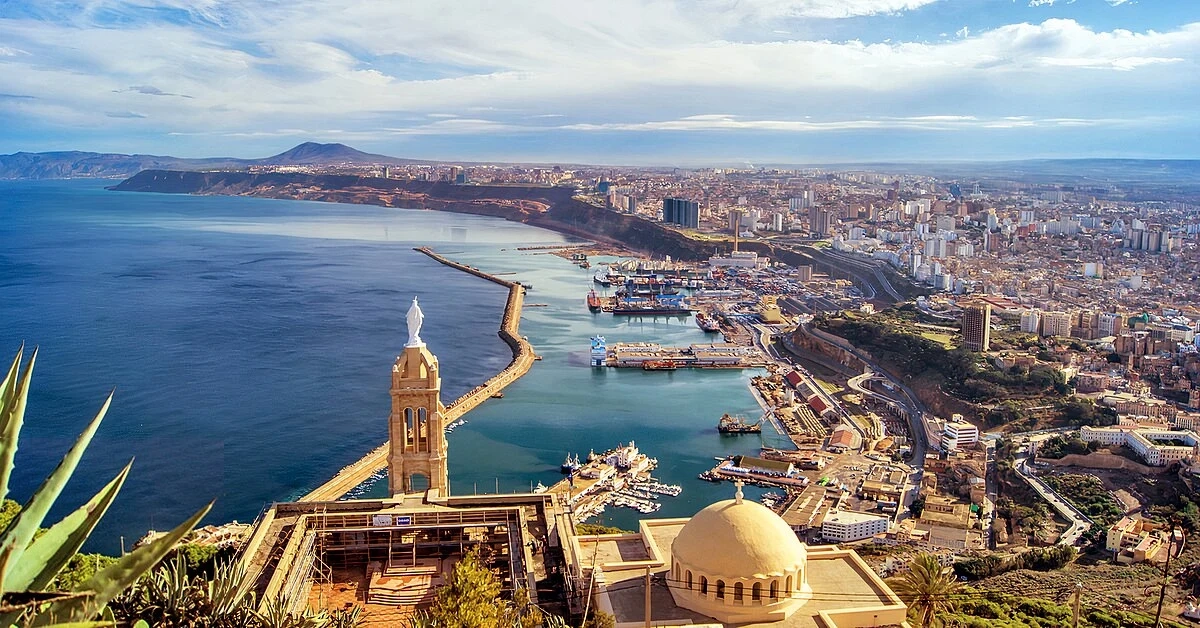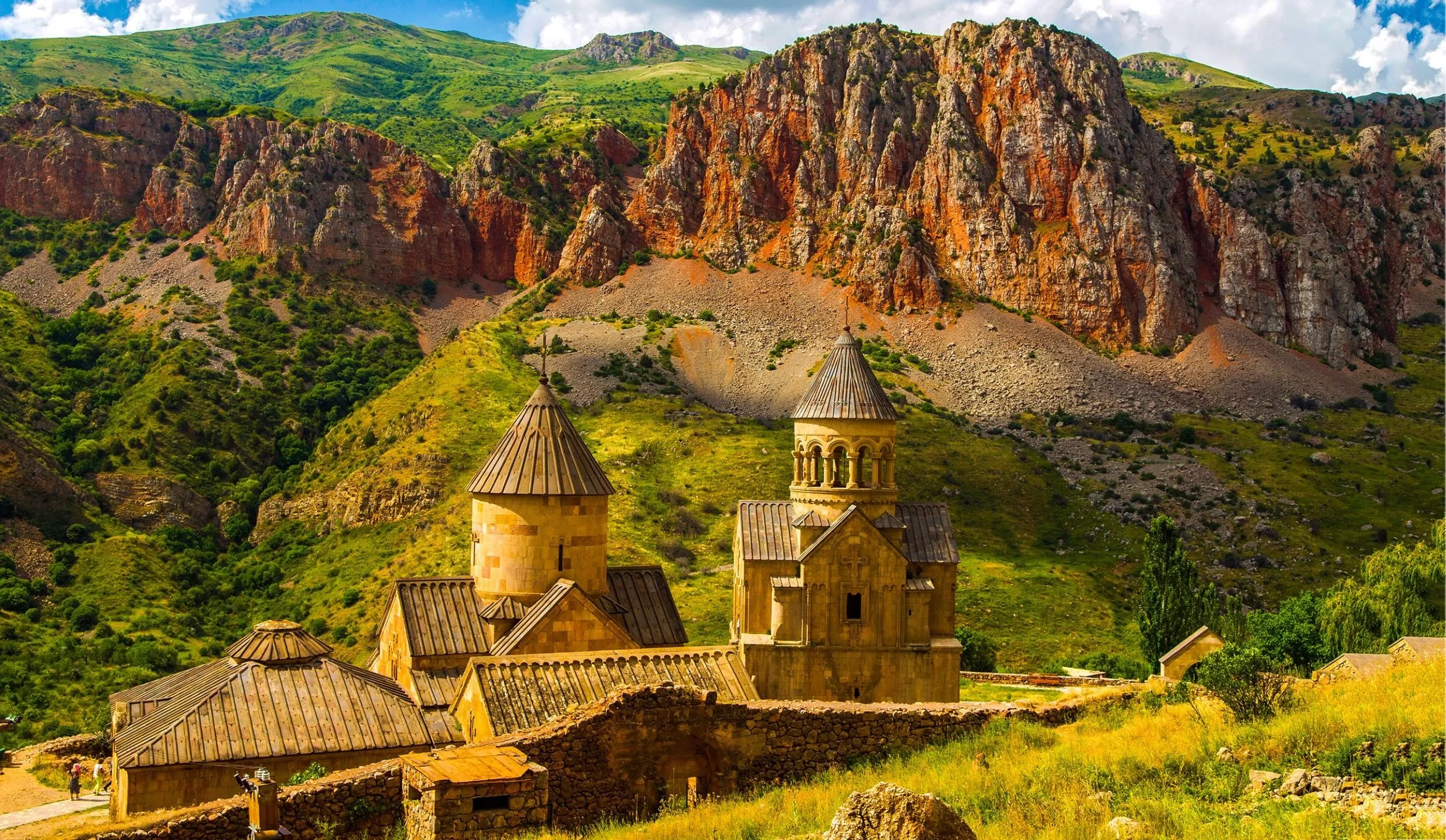1. Rome: The capital city, known for its ancient history, iconic landmarks such as the Colosseum, Roman Forum, and Pantheon, as well as the Vatican City with St. Peter's Basilica and the Sistine Chapel.
2. Venice: A unique city built on water, famous for its canals, historic architecture, and landmarks like St. Mark's Square, the Rialto Bridge, and the Grand Canal.
3. Florence: The birthplace of the Renaissance, Florence is home to magnificent art and architecture. Highlights include the Uffizi Gallery, Florence Cathedral (Duomo), and Ponte Vecchio.
4. Milan: A global fashion and design capital, Milan boasts attractions such as the iconic Cathedral of Milan (Duomo di Milano), Leonardo da Vinci's Last Supper, and the Galleria Vittorio Emanuele II.
5. Amalfi Coast: A breathtaking coastal region with picturesque villages like Positano and Amalfi, offering stunning views of the Mediterranean Sea, colorful cliffside houses, and scenic landscapes.
The best time to visit Italy is during spring and autumn, when temperatures are comfortable and there are fewer crowds. The scenery is vibrant, prices are lower, and the weather is ideal for exploring all the country has to offer.
• Trains: Italy has an extensive and reliable train network operated by Trenitalia. High-speed trains connect major cities, offering a quick and comfortable way to travel. Prices vary based on the type of train and class. For example, a high-speed train ticket from Rome to Florence can cost between €30 and €80.
• Buses: Buses are a cost-effective way to travel between cities and within regions. Companies like FlixBus operate long-distance routes, and local buses serve towns and cities. A long-distance bus ticket between major cities might range from €10 to €40.
• Metro and Local Transport: Major cities like Rome, Milan, and Naples have efficient metro systems and local buses. Prices for a single metro or bus ticket typically range from €1.50 to €2.50. City passes for unlimited travel over a specified period are also available.
• Taxis: Taxis are available in cities and can be more expensive than public transportation. Starting fares vary but are typically around €3–€5, with additional charges based on distance. Uber is available in some cities.
• Rental Cars: Renting a car provides flexibility, especially for exploring rural areas. Rental prices vary depending on the type of car, duration, and rental company. On average, daily rental costs can range from €30 to €100 or more.
• Flights: Domestic flights connect major cities, especially for longer distances. Prices vary based on the route and time of booking. A one-way flight from Rome to Milan might cost between €50 and €150.
• Highways and Toll Roads: Italy has an extensive network of highways with tolls. Toll prices depend on the distance traveled. For example, driving from Milan to Florence may cost around €20 in tolls.
• Cycling: Many cities in Italy are bike-friendly, and bike rentals are available. Public bike-sharing programs and private rental shops offer options. Prices for bike rentals can range from €5 to €20 per day.
From outside the European Union, it is allowed to import into Italy:
• Alcoholic beverages
• Tobacco products
• Medicines that are for personal use only
• Items for the personal use of non-commercial purposes in the amount of not more than 430 EUR when traveling by plane or sea ship
• Items for personal use for non-commercial purposes in the amount of not more than 150 EUR (passengers under 15 years old)
• Non-commercial items consist of goods for personal or family use or gifts
Prohibited for importation:
• Meat and dairy products not produced in the EU countries, except for products in limited quantities from Andorra, Croatia, the Faroe Islands, Greenland, Iceland, and a small number of certain products from other countries.
• Protected species and products from them (ivory, turtle shells, corals, reptile skin, wood from the Amazonian forests, etc.).
Limited importation:
• Pets must be identified, vaccinated against rabies, and must have the necessary veterinary certificate;
• No more than 10 kg of meat, milk, and dairy products brought from Croatia, the Faroe Islands, Greenland, and Iceland;
• Milk powder for infants, baby food, and special medical products may be allowed if they do not need to be stored in the refrigerator before opening.
• Fish only if it is drawn and its weight does not exceed 20 kg;
• Currency - without restrictions if it is imported from an EU country. all passengers arriving from outside the EU must declare amounts exceeding 10,000 EUR or their equivalent;
• Coats, fur, and leather shoes made of protected species (special permit required).
It is strictly forbidden to import weapons, ammunition, explosives, drugs, and special communication devices, as well as plants, soil, wild animals, and birds.
• 113 – Police (Polizia)
• 118 – Emergency medical care (Soccorso Pubblico di Emergenza)
• 112 – Carabinieri
• 115 – Fire Department (Vigili del Fuoco)
• 039-039-039 – "Hotline" for tourists (Easy Italia)






